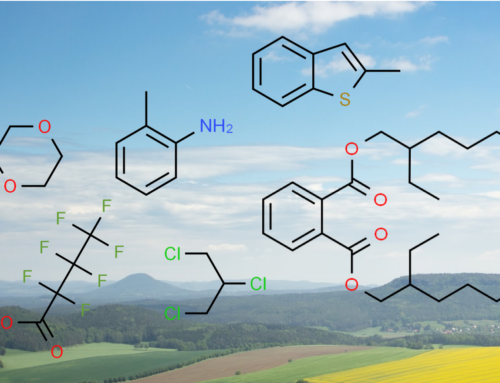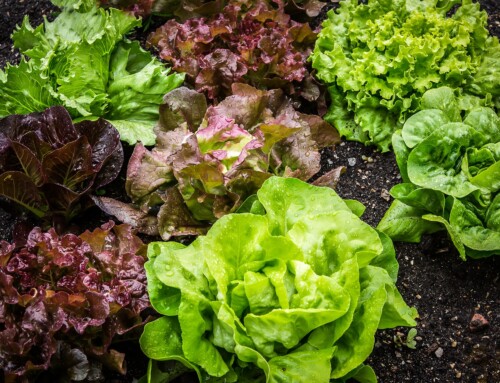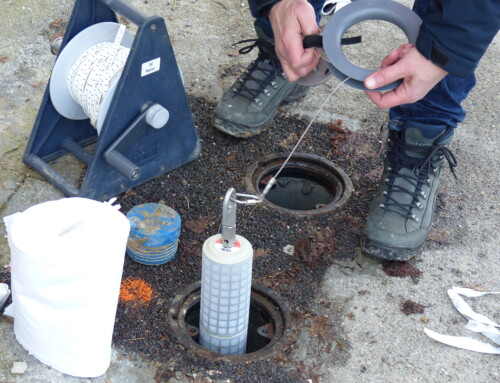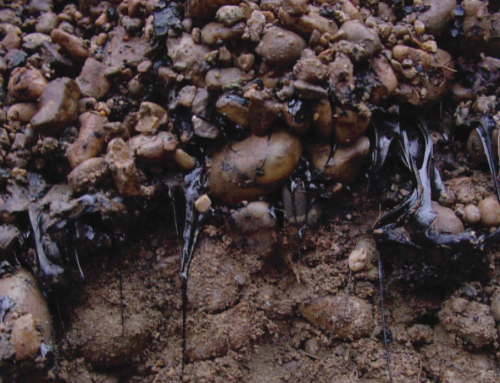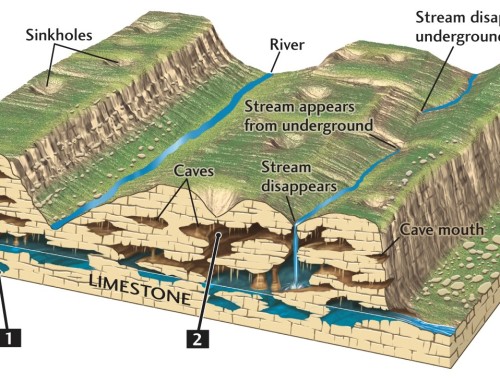Project Description
Evaluation of the impact of contaminated sites on groundwater quality in the Fribourg canton
Since Mai 2018, the Service de l’Environnement (SEn) of the Fribourg canton has built a data base about the chemical quality of groundwater in the canton. An extended list of chemical parameters is analyzed in catchment facilities, wells and piezometers, to define a reference level of water quality and identify sectors under the influence of pollutions, especially those generated by contaminated sites (former industrial sites, landfills and accident sites).
Two lines of approach have been considered to differentiate water under the influence or not of local contaminations. The first one consists in determining groups of components that would show a local disturbance of groundwater quality. The second one consists in defining a reference value for each chemical component, beyond which the impact of human activities is highly probable.
eOde was mandated to explore these two lines of approach for differentiating background levels from local contaminations using univariate and multivariate statistical methods. A literature review was performed to inventory the methods used at the international level to separate natural geochemical background values from anthropic contaminations. Some of them have been tested on the Fribourg data set.
Among the 87 analyzed chemical components, the multivariate analysis shows groups of components that are positively well correlated when water is clearly under the influence of local contaminations, poorly correlated when water is out of influence. These groups includes trace elements and minor elements. The study shows also that it is possible to define a threshold for separating background values / contamination values, by adapting the component separation method to the main features of data distribution of each of these components.


